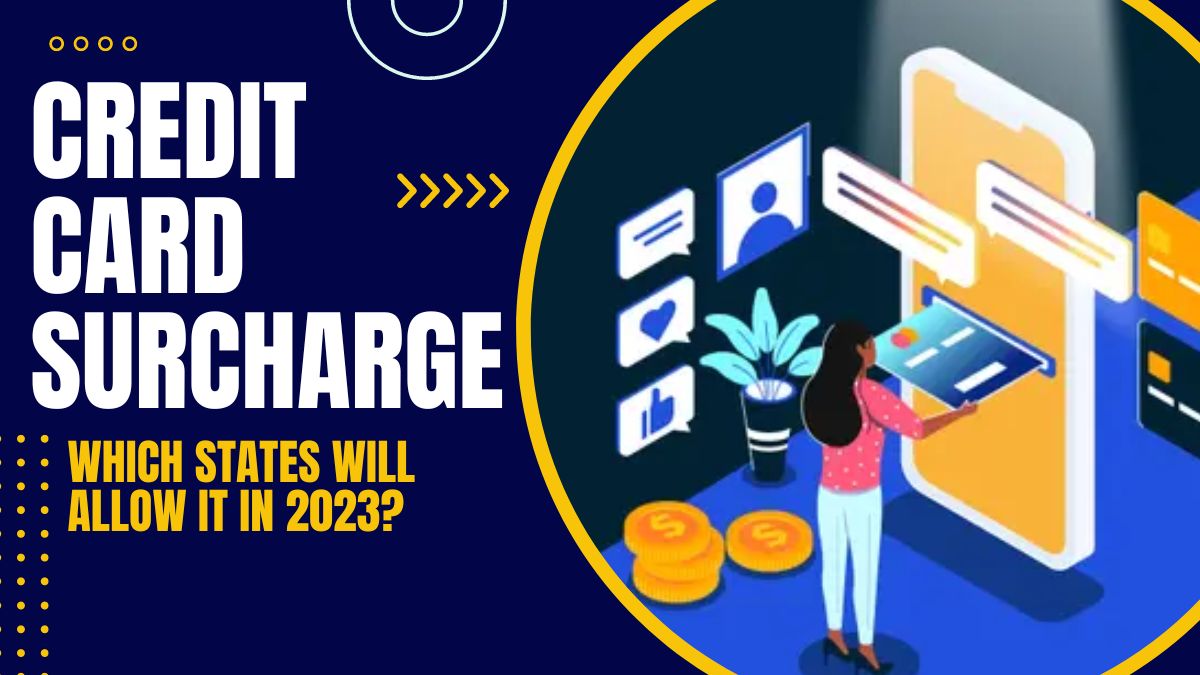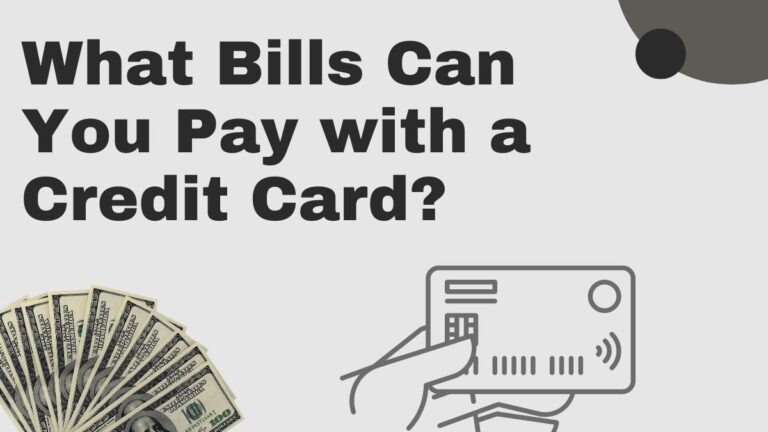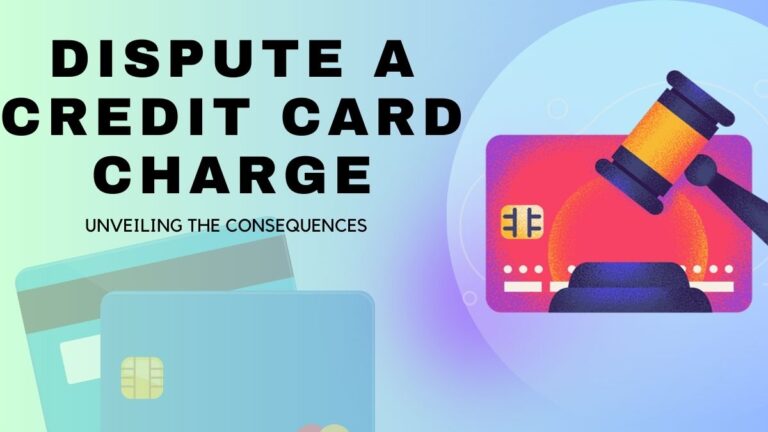Understanding The Credit Card Surcharge: Which States Will Allow it in 2023?

Are you tired of feeling like you’re being hit with hidden fees every time you swipe your credit card? Well, get ready for a potential game-changer in 2023! The Credit Card Surcharge could be making its way to select states, and it’s causing quite the buzz in the financial world.
Whether you’re a shopaholic or someone who prefers to keep that plastic tucked away, understanding how this surcharge works and which states will allow it is essential knowledge for any savvy consumer. Join us as we delve into the nitty-gritty details of this controversial topic and explore what it means for your wallet. Stay tuned; this blog post has got all the answers!
Table of Contents
What is a Credit Card Surcharge?
:max_bytes(150000):strip_icc()/GettyImages-500500849-56a066985f9b58eba4b044ed.jpg)
A credit card surcharge is an additional fee assessed on top of the standard interest rate charged by a credit card company. These surcharges may be instituted to generate revenue for the credit card company or to reduce the number of loans that are being granted. Surcharges can vary from one credit card company to another, and can also differ by state.
The majority of states regulate the imposition and collection of surcharges, and many states have passed laws prohibiting certain types of surcharges. While it is important to know which states allow specific types of surcharges, it is also important to understand that not all credit cards will charge a surcharge in any given state. Some credit cards will not impose any surcharges at all. It is important to consult the terms and conditions of your particular credit card offer before making any purchases.
How do Credit Card Companies generate revenue?
Credit card companies generate revenue by charging interest and/or fees on balances carried from month to month. Interest is charged on the outstanding balance, with a variable rate that changes depending on the creditworthiness of the borrower. Fees vary in amount and can include an annual fee, a late payment fee, a foreign transaction fee, or a processing fee. In some cases, a company may also charge interest on revolving debt (i.e., debt that is repaid with new borrowing).
Although the interest rates and fees differ from one company to another, all impose costs on consumers. To make up for these costs, credit card companies often increase the overall cost of borrowing through their rates and fees.
Credit cards are widely used in the United States because they offer convenience and security. However, there are several ways in which credit card companies generate revenue that can negatively impact consumers.
- Credit card companies generate revenue by exclusively charging interest and/or fees on balances that are carried from month to month–leading to higher monthly payments than if the debt were paid off in full each month.
- When borrowers miss payments or pay them late, this generates additional costs for credit card companies.
- Foreign transactions can be expensive for credit card companies if they involve buying goods or services abroad.
- Credit card companies earn money by charging processing fees for use of their services.
- Many credit cards come with annual fees, which can add up over time.
- Finally, credit card companies can also charge interest on revolving debt, which accumulates over time and can be more costly than simple, fixed-rate debt.
Will every state allow credit card surcharges in 2023?
Credit card surcharges are hydrocarbons that merchants add to the cost of a purchase to offset profit losses from declined or revoked card activity. Surcharges for certain credit cards have been banned in some states, while others allow retailers to collect them as a business practice. This trend towards state regulation may culminate in all states allowing surcharges by 2023.
States with current prohibitions on surcharges include California, New York, and Illinois. Connecticut and Iowa currently allow them as long as they are “reasonable and proportional to the merchant’s expenses for accepting the card” (Hawkins 2013). Something businesses must keep in mind when implementing surcharges is that if they are considered unjust or abusive, they can be rejected by consumers and regulators. This would lead to lost revenue for businesses and put an undue financial burden on consumers who may find it more difficult to pay for goods and services.
A majority of polled Americans support credit card surcharges as a business practice, though there is significantly more variance by state (Hawkins 2013). Currently, nineteen states prohibit the merchant practice outright while thirteen states allow retailers some discretion in setting them; however, this number could change drastically over the next few years as several states are set to legalize marijuana possession which could impact whether or not merchants can levy cannabis-related fees onto their customers (Comerford 2016).
Other factors which could impact state regulation of credit card surcharges include new regulations surrounding data privacy, EMV chip migration plans, and international adoption of credit card surcharges (Hawkins 2013).
Overall, it is likely that all fifty states will allow credit card surcharges by 2023. However, the legality of these charges may vary depending on the state in question.
What states can charge a credit card supercharge in 2023?
Superchanges (also known as credit card surcharges) are charges that banks and other lenders may impose when a customer swipes or pays with a credit card. These fees can add up over time, especially if you’re not aware of them. In some cases, you may be able to get your money back if the charge is unfair or excessive.
- States That Will Allow Credit Card Surcharges in 2023:- According to Banking Industry Regulatory Authority (Bira), as of September 2020, 19 states will allow credit card surcharges: Alabama, Arizona, Arkansas, California, Colorado, Connecticut, Delaware, Florida, Georgia, Hawaii, Illinois, Indiana Iowa Kansas Kentucky Louisiana Maine Maryland Massachusetts Michigan Minnesota Mississippi Missouri Montana Nebraska Nevada New Hampshire New Jersey New Mexico New York North Carolina North Dakota Ohio Oklahoma Oregon Pennsylvania Rhode Island South Carolina South Dakota Tennessee Texas Utah Vermont Virginia Washington West Virginia Wisconsin Wyoming
However, other states may still have their own rules about credit card surcharges. So be sure to check with your bank or credit card company before traveling to confirm whether a surcharge will be imposed in your state.

The Future of Credit Card Surcharge
There currently exists a heated debate on whether or not consumers should be allowed to change their credit card issuers without penalty. Currently, five states allow this action: California, Iowa, Massachusetts, New Hampshire, and Texas. In September 2015, the Federal Reserve Bank of Chicago released a report that found that roughly one-third of consumers switched their card issuer at least once in the past six months.
Interestingly enough, this study also found that consumers who switched their card issuer experienced substantially better credit outcomes than those who did not switch. However, despite these findings, many state legislators are still hesitant to allow such interchangeability due to fears that it could lead to increased competition among card issuers and decreased consumer loyalty.
If you’re located in any of the five states listed above and would like to learn more about supercharge legislation in your state, visit our website or contact our team for assistance. We would be happy to offer recommendations on how to best lobby your state legislators on behalf of this important consumer rights issue.
Conclusion
It is no secret that the cost of living continues to increase, and with it, so does the cost of goods. One way retailers have responded to this rise in costs is by instituting surcharges on certain purchases. However, not all states are willing to allow these surcharges. Only nine states currently allow credit card surcharges in a majority of their sales categories.
This means that, as Surplus Juice’s pricing strategies continue to evolve, more consumers will be affected by credit card company fees than ever before. Ultimately, understanding which state you reside in and whether or not surcharge fees are allowed there will help you save money when making purchases.






